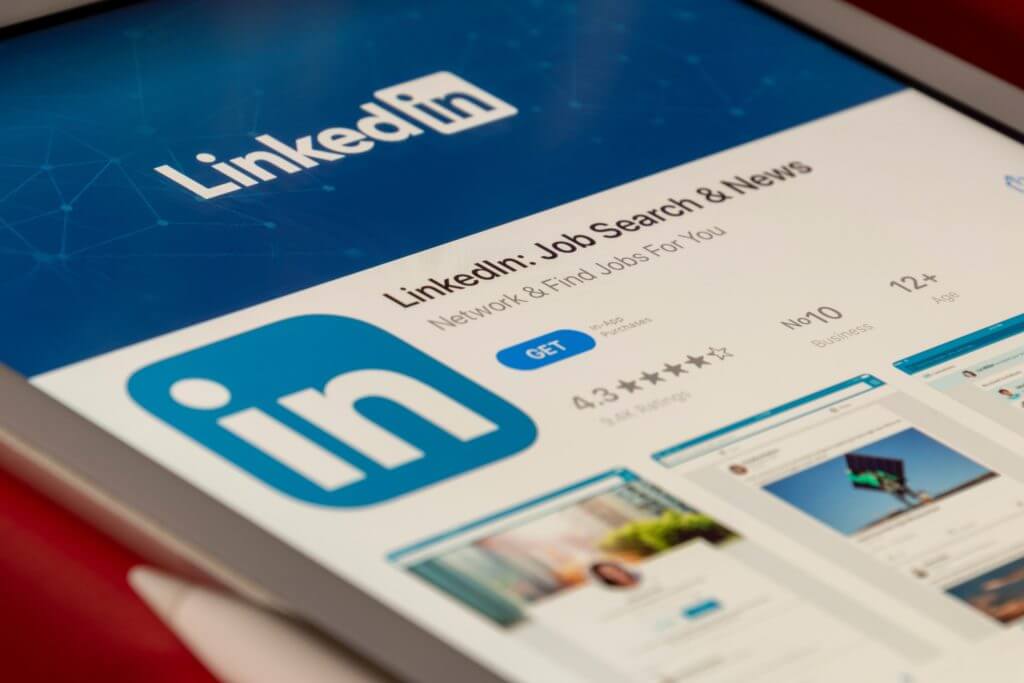RALEIGH, N.C. — Employers, companies, and society in general are much more willing to openly discuss mental health matters these days than in decades past. However, researchers from North Carolina State University suggest that employers still can’t help but view job candidates who post about their personal mental health struggles on social media as “lesser than” other applicants.
After viewing a fictitious LinkedIn post from a supposed candidate detailing struggles with depression and anxiety, hiring professionals viewed that applicant as both less emotionally stable and less conscientious (disciplined).
“People are often encouraged to discuss their mental health struggles on social media with the goal of reducing the stigma associated with mental health challenges,” says Lori Foster, co-author of a paper on the study and a professor of psychology at NC State, in a university release.
“We think reducing stigma around mental health is extremely important, but our study suggests that mental health posts on platforms such as LinkedIn could have unforeseen consequences for people disclosing their mental health challenges.”
“Specifically, we found that these disclosures can influence the way people view us in professional contexts,” adds Jenna McChesney, first author of the study and assistant professor of psychology at Meredith College. McChesney worked on the study while studying as a grad student at NC State. “It’s important for people to take that into consideration when determining whether to share their mental health experiences online.”

To conduct this research, the team at NC State aimed to assess the extent to which posts about mental health on LinkedIn influence how others perceive an individual’s personality and potential future performances in the workplace.
So, the research team gathered together 409 professionals with hiring experience to participate in this study. They were divided into four groups. About 25 percent read the LinkedIn page of a job candidate with no mention whatsoever of mental health challenges. Another quarter saw the same LinkedIn page, but this one included a post detailing the candidate’s experiences with anxiety and depression. Another 25 percent saw the first LinkedIn profile and heard an audio interview with the candidate. Finally, the last quarter was shown the LinkedIn profile, including the post about anxiety and depression, and heard the audio interview.
Then, the team interviewed every participant and asked them a series of questions regarding that job candidate’s personality and future performance in the workplace.
“We found that study participants who saw the LinkedIn post about mental health challenges viewed the job candidate as being less emotionally stable and less conscientious,” Prof. McChesney explains. “Hearing the interview lessened a study participant’s questions about the candidate’s emotional stability, but only slightly. And hearing the interview did not affect the views of participants about the job candidate’s conscientiousness. In other words, the perceptions evaluators had after seeing the LinkedIn profile largely persisted throughout the interview.”
“Our findings don’t mean people should refrain from posting about anxiety and depression on LinkedIn,” McChesney continues. “However, people who are considering posting about these issues should be aware that doing so could change future employers’ perceptions of them.”
Study authors note that while society has seen a major cultural shift in recent years, with even major companies advocating for their workers to “be their full authentic selves,” there has been virtually no research investigating the positive or negative consequences associated with such openness in regard to mental health in the workplace. The research team believes this study is a major step forward in understanding this nuanced topic, and also goes to show just how much more work is necessary.
“There are also implications for employers,” Prof. Foster concludes. “When hiring managers look up candidates on LinkedIn, they risk seeing information that can color their perceptions, even subconsciously. Organizations should implement guidelines for using LinkedIn during the hiring process to encourage equitable comparisons among all candidates, including those who openly discuss mental health challenges.”
The study is published in the Journal of Business and Psychology.

